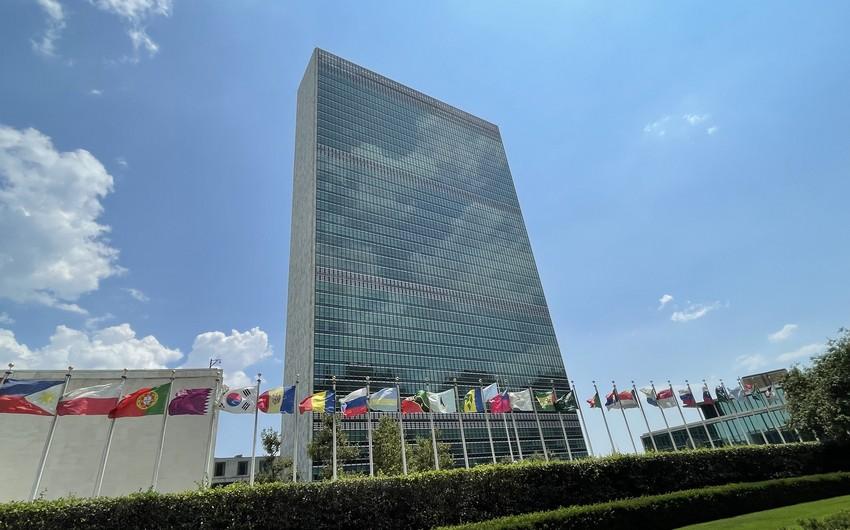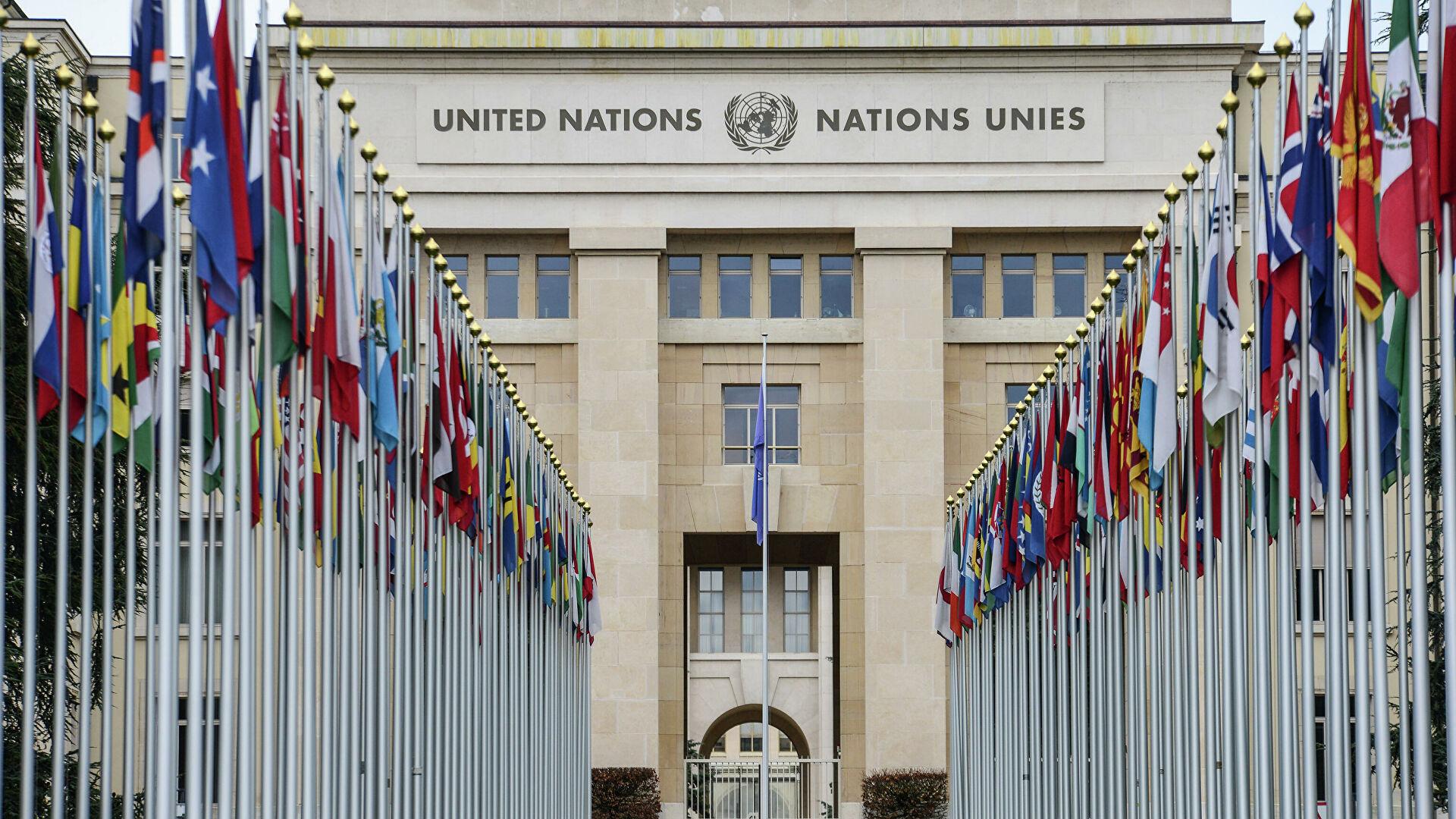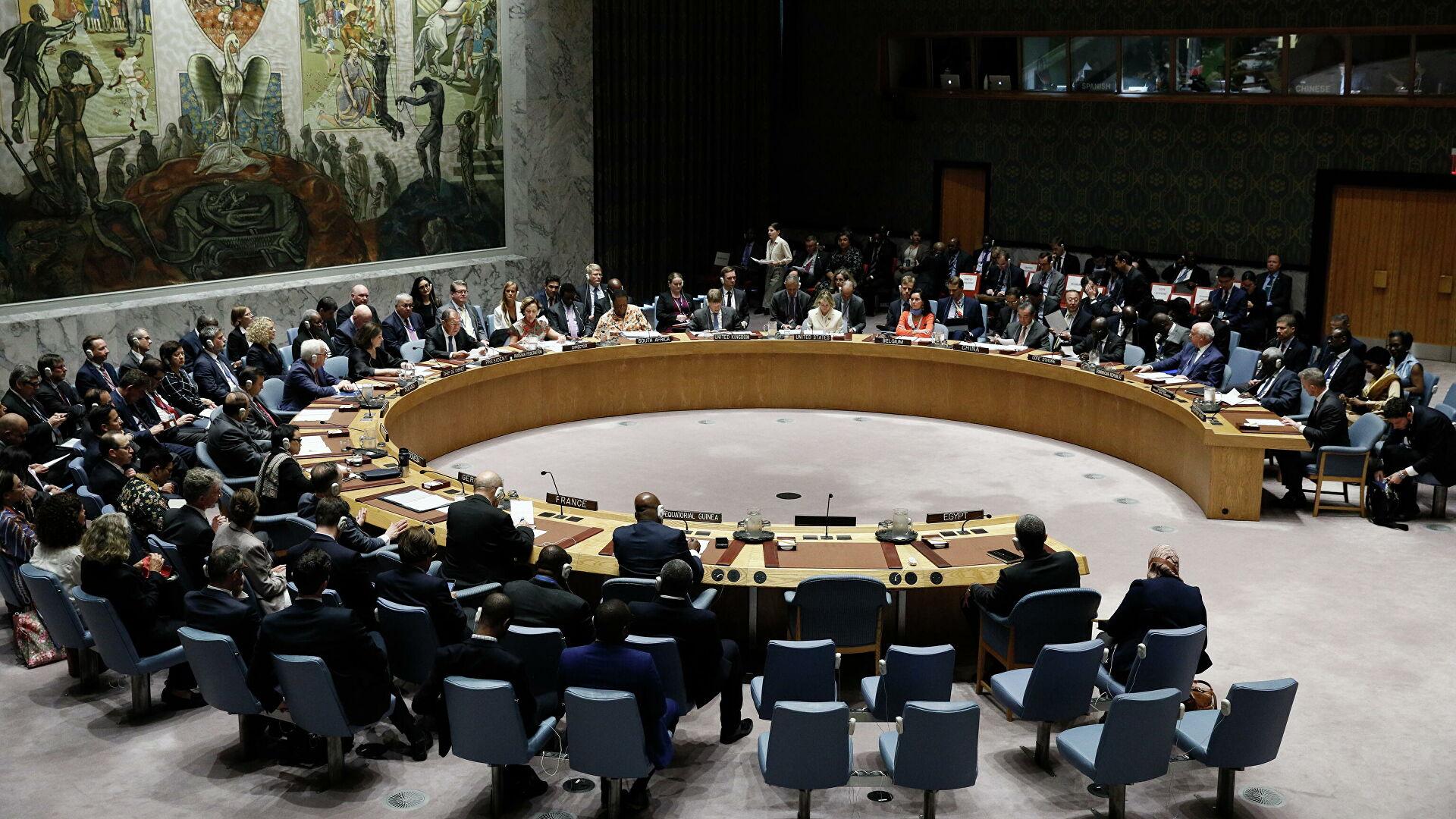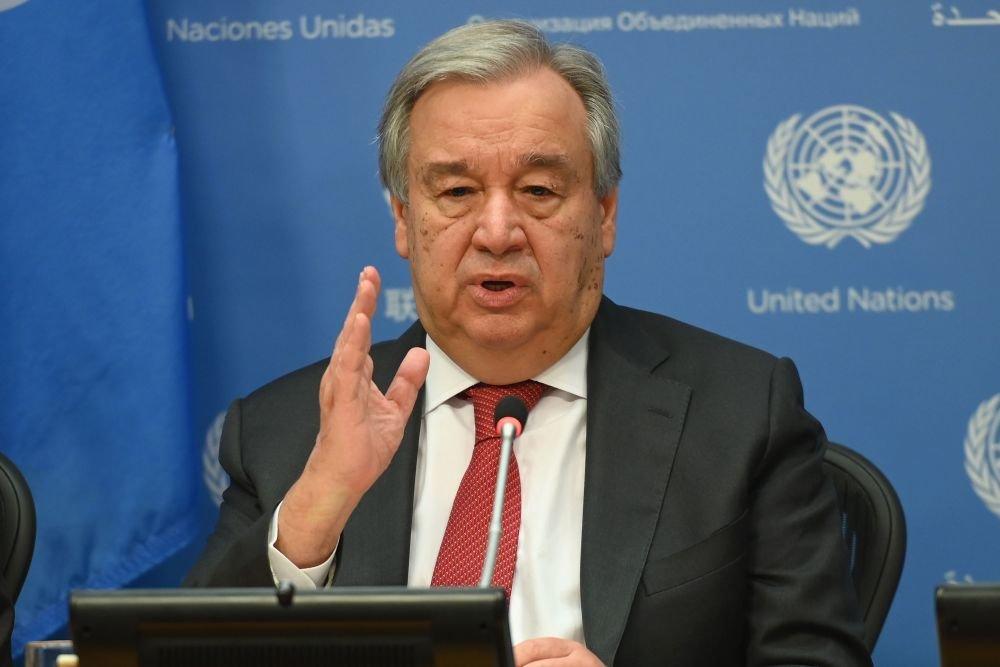UN and multilateralism: better together? Achievements, failures, and the road ahead
The 80th session of the UN General Assembly reflects the deepest crisis of multilateral cooperation in the world. From the high podium in New York, almost all countries will call for measures to address the situation. Effective multilateralism serves the interests of the majority, especially small and medium-sized countries, for whom a return of international relations to a “jungle state” would be perilous. Yet slogans alone are not enough, as much of the multilateralism crisis is objective.
At the end of September, the world’s attention annually focuses on New York. There, as has been tradition for 80 years, world leaders gather to speak from the high podium of the UN General Assembly about the most pressing issues and (ideally) attempt to find joint solutions. This year, the so-called “high-level week” will take place from 22 to 30 September, although the 80th session of the General Assembly officially began on 9 September.
The United Nations was established on the ruins of the Second World War as the planet’s main platform for multilateral resolution of the most complex security and development issues. At its core lies the idea that, through joint efforts and mutually beneficial cooperation among all interested countries, solutions to any complicated global problem can always be found more effectively and sustainably than through unilateral actions. In diplomacy, this idea is commonly referred to as multilateralism.

In recent years, multilateralism as the primary framework for developing and implementing the norms and rules of international life has been experiencing a period of crisis. This is primarily due to the overall state of the entire international system, which is undergoing an active transitional phase—from a unipolar world to some form of multipolarity.
A feature of such a transitional phase is that old balances and established structures are disrupted, and, accordingly, many of the institutions and behavioural patterns that reflected them no longer function. At the same time, new structures cannot yet fully form and solidify, as the system is in flux and does not provide them with a stable foundation. The main consequence is a pervasive sense of total uncertainty and low predictability spreading across the globe. Moreover, this inevitably leads to intensified geopolitical competition, both at the global and regional levels.
Under these conditions, many states—especially large ones with substantial resources—tend to neglect multilateral cooperation in favour of increasingly overt unilateral actions. Their policymakers begin to perceive unified rules of the game—which include the principle of sovereign equality among all states regardless of size or capacity, and the global governance based on them—as burdensome and disadvantageous. A vivid reflection of this trend is the central slogan of contemporary U.S. policy: “America First.”
Naturally, the crisis of multilateralism automatically becomes a crisis for the international organisations built upon it. The UN is the first and foremost of these. The organisation as a whole, and its central body responsible for maintaining peace and security—the Security Council—appear increasingly incapable of fulfilling even the minimum of their assigned tasks. It is therefore unsurprising that, at the opening of the 80th session of the General Assembly, its president stated that, against the backdrop of the multilateral system’s crisis, this will be “no ordinary session.” It is equally notable that the session is held under the slogan: “Better Together: 80 Years and More for Peace, Development, and Human Rights.”
International jungles and multilateralism
The crisis of the UN and multilateralism cannot be overcome with fiery speeches, slogans, or calls for cooperation—even from the world’s highest podium at the UN General Assembly. Multilateral cooperation and the international platforms based on it depend entirely on the collective will of the participating states. They are effective only to the extent that member states desire them to be. In the already described conditions of structural imbalance and rampant uncertainty, it becomes increasingly difficult for many countries to perceive in multilateralism not abstract theoretical benefits, but concrete, readily attainable advantages.
This is a natural reaction of states to a changing external environment. However, even under these circumstances, it is important not to fall into collective extremes. The alternative to multilateralism can very quickly become universal “jungle law.” In such a scenario, the rule of force amid a chaotic multitude of conflicting interests could rapidly lead to yet another global catastrophe.

International relations are anarchic by nature and, in any case, resemble a “jungle” to some extent. As long as sovereign states exist, there can be no universally recognised legitimate hierarchy in international affairs. States will never line up in a single formation to march in step to someone else’s orders. Yet there is a significant difference between “jungles” where almost any issue is a powder keg and those where multilateral cooperation on most matters still remains the norm. The latter is possible only if, even amid the transformation of the international system, the majority of states continue to rely on multilateral mechanisms and use them to solve at least some problems.
Today, however, as geopolitical tensions escalate to ever-higher levels, even the concept of “multilateralism” provokes intense disagreement. It is understood in different ways, and this very difference has become a source of conflict. In the West, multilateralism is traditionally seen through the lens of liberal internationalism. It is assumed to reflect the liberal order based on rules, openness in international trade and the economy, some basic security cooperation, and a general commitment to spreading liberal democracy. In the non-Western world, multilateralism is more often perceived through the framework of political realism. There, it is expected to serve as a foundation for equal cooperation among states according to their sovereign interests, rather than being guided by liberal norms claiming universal applicability.
To avoid getting entangled in these conceptual debates, let us simply adopt a more straightforward and neutral understanding of multilateralism. It is multilateral cooperation that implies the existence of some generally accepted rules and norms of international conduct, the voluntary participation of all interested states, and at least a minimal degree of institutionalisation.
Why and for whom is multilateralism particularly advantageous?
It is fair to say that a functioning multilateral system serves the interests of all states, regardless of their size or capabilities in international affairs. However, the greatest beneficiaries of effective multilateral cooperation are smaller states—those usually classified as middle powers or small countries.
These states differ from major actors or great powers in that they cannot independently shape their security environment. They are often compelled, to varying degrees, to adapt to external conditions, frequently even accepting externally imposed “rules of the game” and defending their interests within those rules. Multilateralism allows such states to at least partially neutralise disadvantageous asymmetries in international relations, reduce the weight of force, and emphasise the sovereign equality of all states. It is therefore unsurprising that politicians and diplomats in these countries tend to be more inclined toward multilateral engagement across various fields, with a strong focus on finding compromise solutions.

Moreover, thanks to multilateralism and diplomatic activity on multilateral platforms—such as the UN—small and medium-sized states gain additional opportunities to expand their scope for foreign policy manoeuvring. This occurs through greatly increased access to a large number of geographically distant countries and to the tools of multilateral influence and cooperation. For many smaller states, this is a valuable opportunity to step into the “global arena” and overcome regional isolation and heavy dependence on larger neighbours. This is especially important when relations with powerful neighbours are conflictual.
Effective multilateralism requires reform
However, despite the obvious benefits of multilateralism, particularly for small and medium-sized states, it is not a “sacred cow” or a panacea for all the ills of international life. States—from the smallest to the largest—engage in multilateral cooperation only when it helps solve real problems, and when it demonstrably proves its added value for peace, security, and development in practice, not merely in theory. In this sense, as the 80th UN General Assembly convenes, multilateralism approaches it with a rather mixed record.
On the one hand, it would take blindness not to see the numerous achievements of multilateral cooperation within various UN bodies and programmes. For eight decades, the positive effects of multilateralism have been felt not only by member states but also by millions of people. Yet people quickly become accustomed to the good, so these achievements are often taken for granted or even go unnoticed. This is all the more the case because the work and perception of the UN and other multilateral organisations are shaped by extensive bureaucratisation and everyday routine.

On the other hand, it is equally difficult to ignore the increasingly evident failures of the UN system and global multilateralism. The system simply struggles to meet the challenges of the modern world. Its institutional framework remains largely stuck in the mid-20th century. Moreover, with each new instance of the Security Council’s ineffectiveness or the inability of other UN tools to resolve crises and deliver real humanitarian assistance, more and more countries lose interest in them. While there are still many examples where the system functions effectively and produces results, the perception of its shortcomings continues to grow, snowballing over time.
This, clearly, snowball will not melt on its own. On the contrary, it will only grow until it destroys both itself and the UN under the weight of insurmountable problems. Therefore, as banal as it may sound after decades of failed attempts to make changes, without a radical reform of not only the UN’s institutions but also many of its practices, multilateralism faces even more painful shocks. These reforms, in turn, must not merely bring the UN’s structure and operations in line with the realities of the 21st century. They must also help restore at least a basic level of international trust and, to begin with, recreate “islands” of multilateral cooperation even amid uncompromising geopolitical rivalry.








